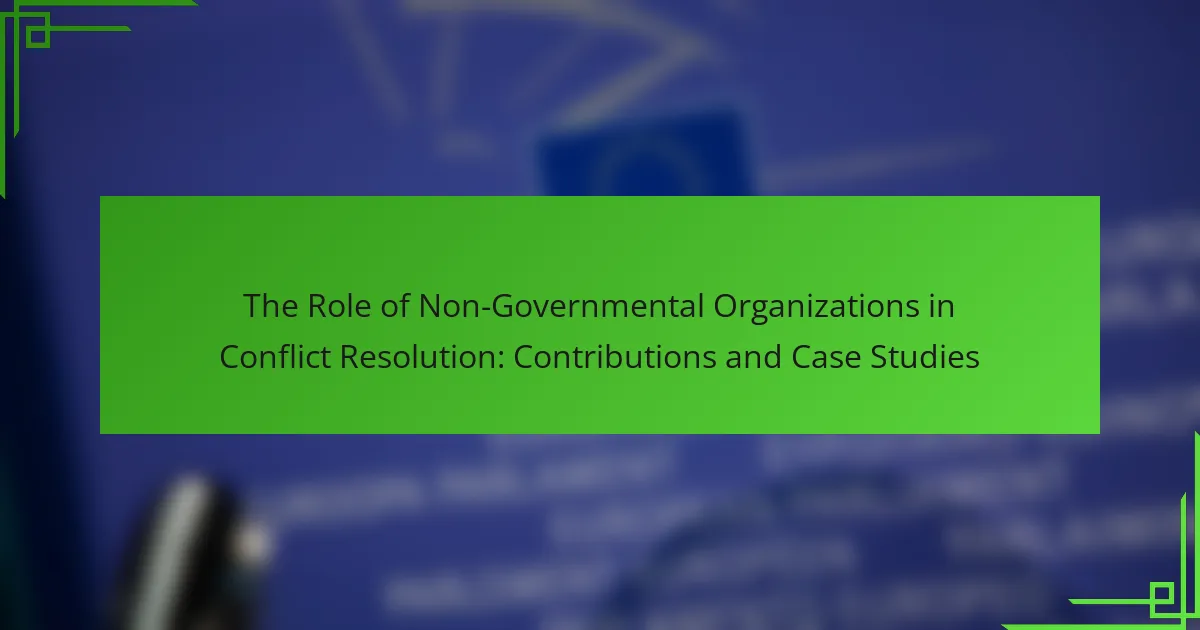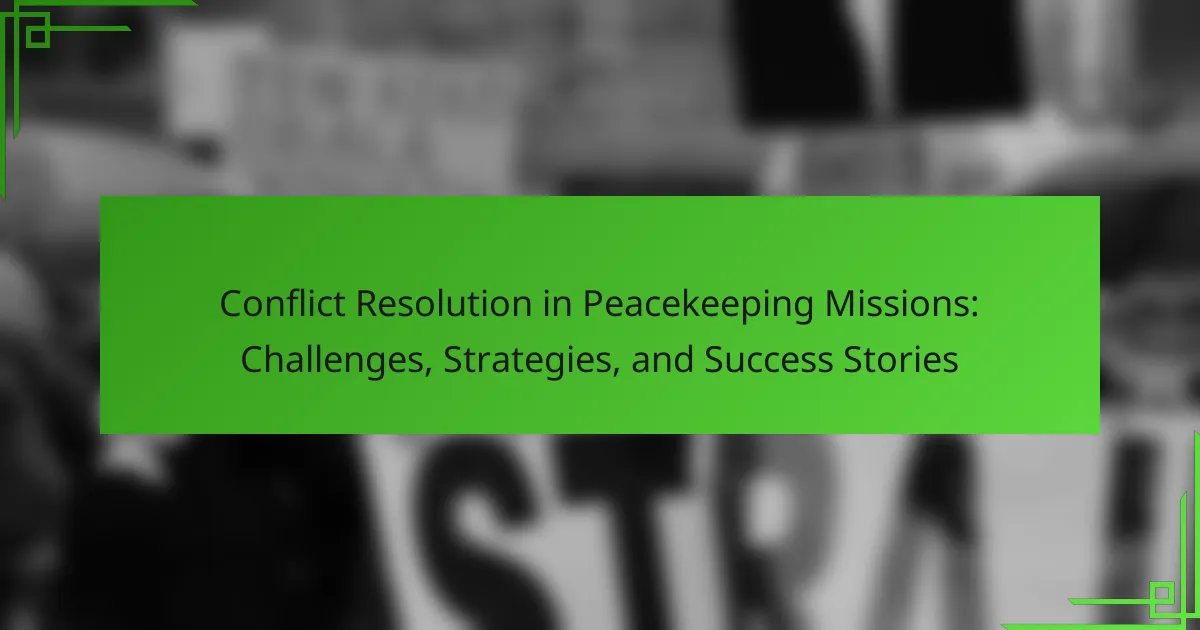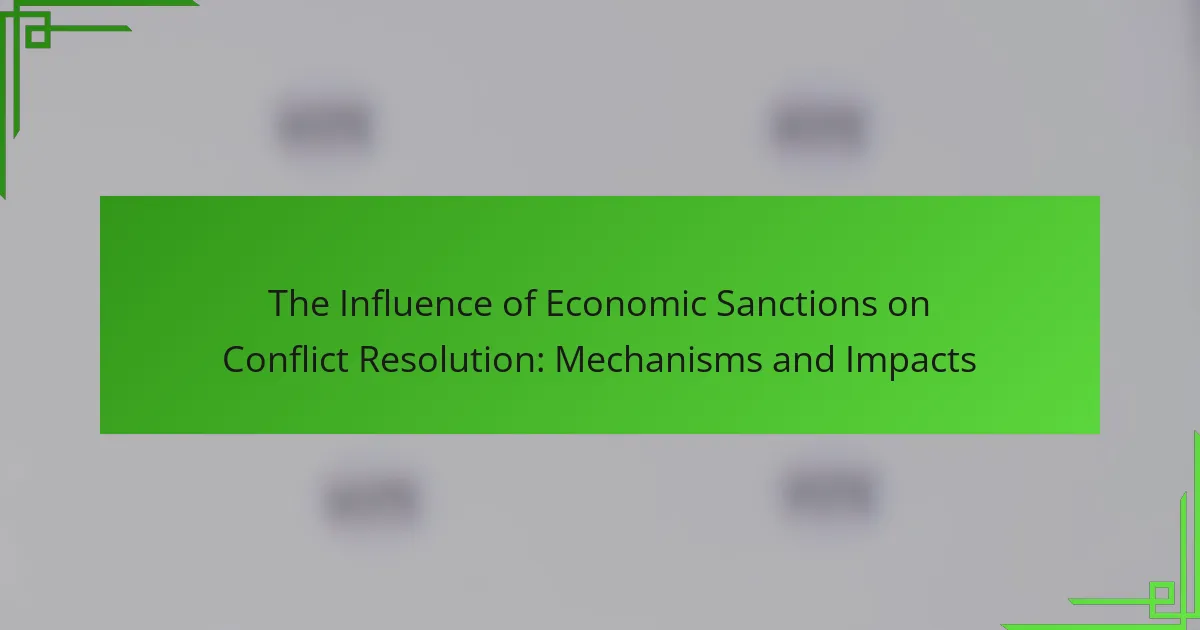Non-Governmental Organizations (NGOs) are instrumental in conflict resolution, acting as facilitators of dialogue and mediation between conflicting parties. They engage in peacebuilding initiatives, support grassroots efforts, and provide humanitarian assistance to communities affected by conflict. The article highlights the contributions of NGOs, including case studies of organizations such as the International Crisis Group, Mercy Corps,…
Category: Conflict Resolution
Explore the intricate art of conflict resolution within the realm of foreign service analysis. This category delves into strategies and frameworks that foster diplomatic dialogue, addressing global disputes with nuanced perspectives. Discover case studies, expert insights, and innovative approaches that illuminate the path toward peaceful solutions. Engage with rich content that empowers professionals and enthusiasts to navigate the complexities of international relations with confidence and clarity.
Conflict Resolution in Peacekeeping Missions: Challenges, Strategies, and Success Stories
Conflict resolution in peacekeeping missions encompasses key strategies such as negotiation, mediation, and dialogue, which are essential for addressing disputes and fostering stability. Negotiation facilitates direct communication between conflicting parties, while mediation involves a neutral third party to aid in resolution. Dialogue encourages open discussions, promoting understanding and trust among stakeholders. Successful peacekeeping operations, including…
The Influence of Economic Sanctions on Conflict Resolution: Mechanisms and Impacts
Economic sanctions are restrictive measures imposed by countries or international organizations to influence the behavior of target nations. This article examines the mechanisms and impacts of economic sanctions on conflict resolution, highlighting their role in compelling compliance with international norms. It discusses various forms of sanctions, such as trade restrictions and asset freezes, and their…


